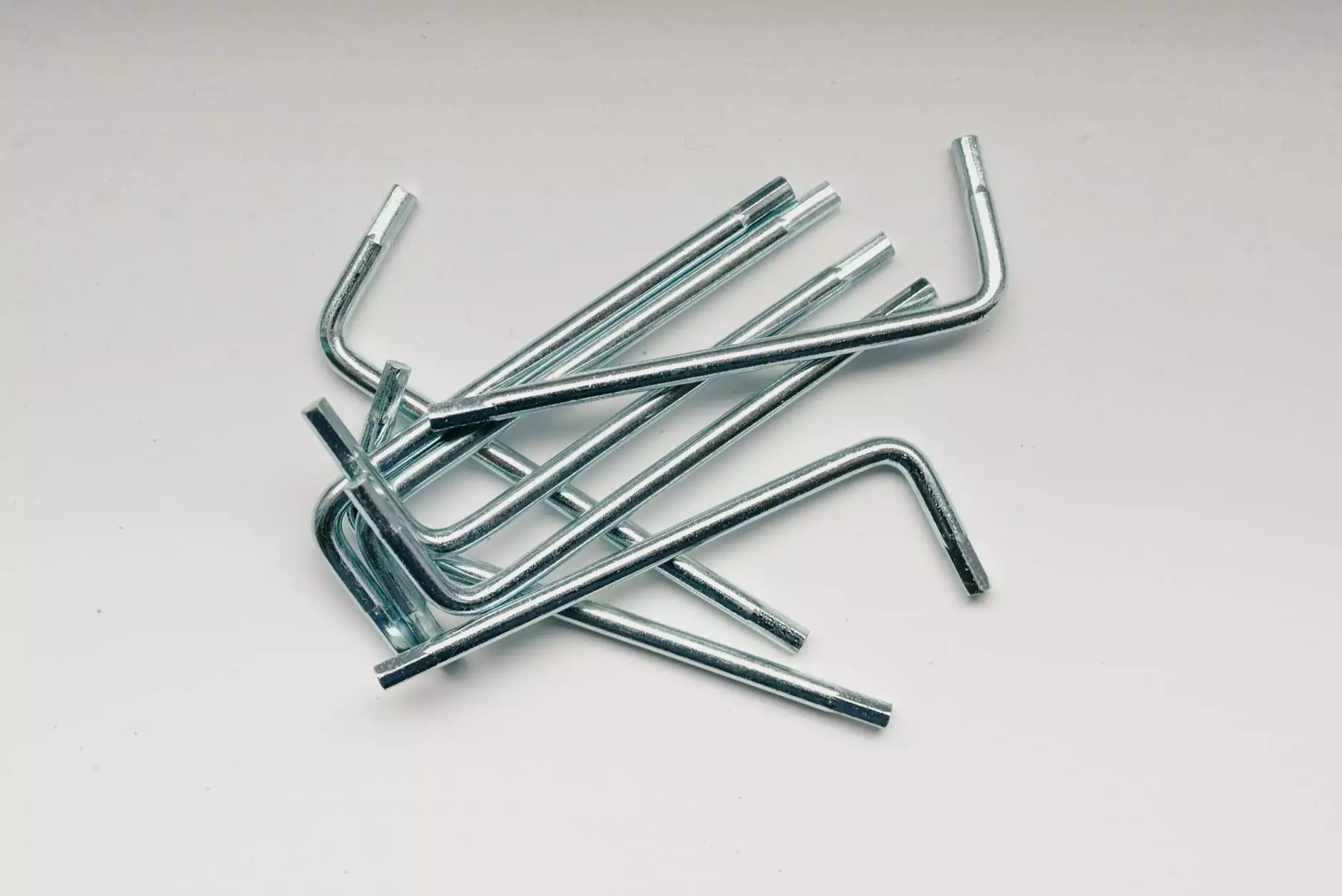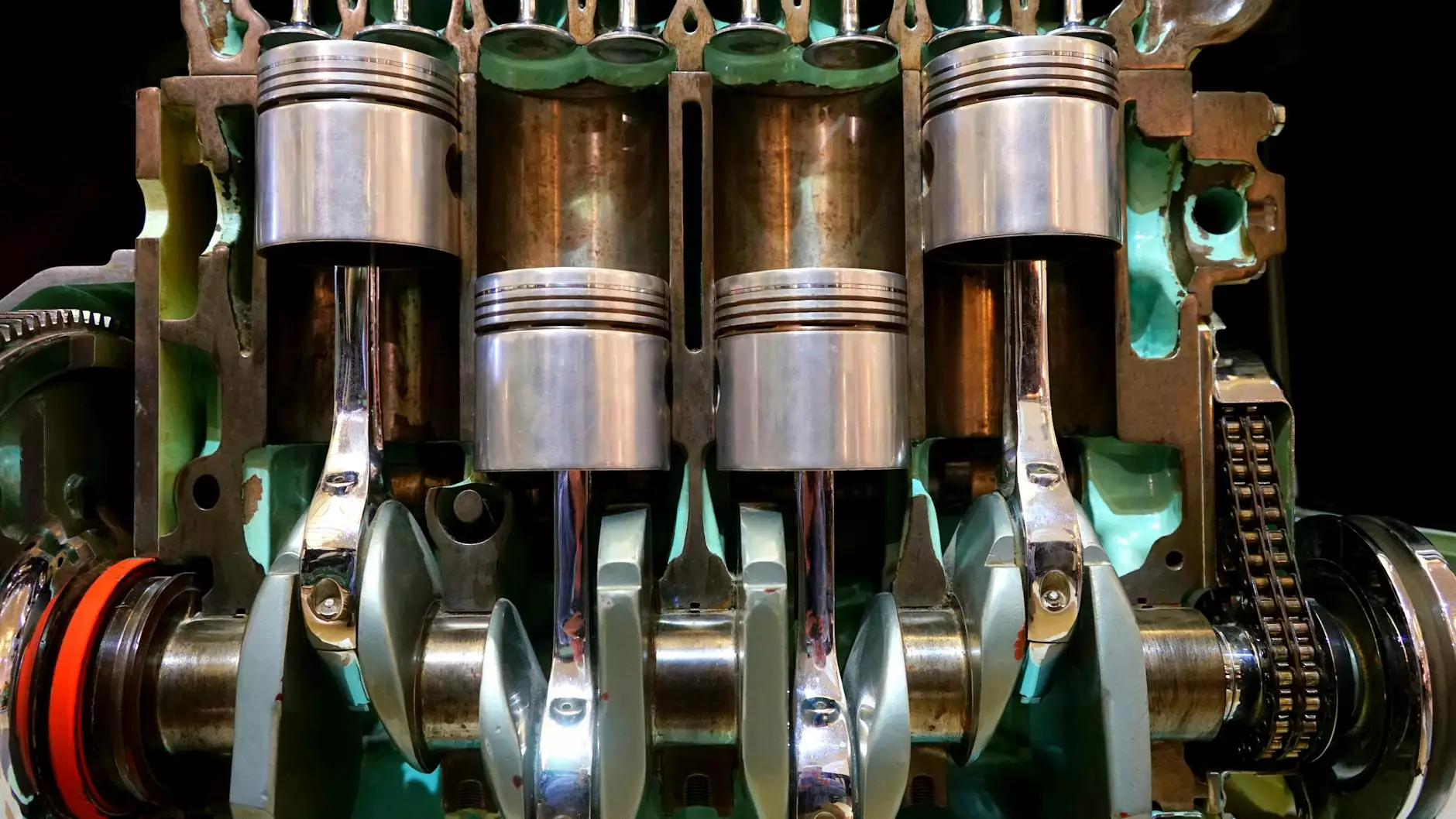The Ultimate Guide to Jeep Wheels and Tires

Introduction: The Importance of the Right Jeep Wheels and Tires
For Jeep enthusiasts and off-road adventurers, choosing the right wheels and tires is crucial for optimal performance and safety. The right combination can enhance your Jeep's capabilities, increase its versatility, and even improve its aesthetic appeal.
In this comprehensive guide, we'll delve into everything you need to know about Jeep wheels and tires, from selecting the best options to maintenance tips to keep your Jeep in top condition.
Understanding Jeep Wheels and Tires
Types of Jeep Tires
Jeep tires come in various types, each designed for specific terrains and driving conditions. Here’s a breakdown of the main types:
- All-Terrain Tires: These tires are versatile, designed to handle both on-road and off-road terrains. They provide a balanced performance.
- Mud-Terrain Tires: Ideal for off-road adventures, these tires offer superior traction in muddy and loose terrains.
- Street Tires: While not designed for off-road use, these tires provide a smooth ride on highways and city roads.
- Winter Tires: Engineered to perform in snowy or icy conditions, winter tires have tread patterns that enhance grip.
Types of Jeep Wheels
Similar to tires, Jeep wheels vary in design, material, and size. Here are the most common types:
- Steel Wheels: These are durable and typically heavier, making them ideal for off-road use.
- Aluminum Alloy Wheels: Lighter than steel wheels, they improve fuel efficiency and enhance aesthetics.
- Beadlock Wheels: Designed for extreme off-road use, they allow the tire to be locked onto the wheel to prevent bead separation.
Choosing the Right Wheels and Tires for Your Jeep
Selecting the right Jeep wheels and tires can be a daunting task given the multitude of options available. Here are the key factors you should consider:
1. Terrain
The type of terrain you frequently encounter should heavily influence your choice of wheels and tires. If you primarily drive on paved roads, all-terrain tires will suffice. However, for frequent off-road excursions, mud-terrain tires will offer better traction.
2. Size Matters
Tire size is crucial for performance and aesthetics. Popular sizes for Jeep models range from 31" to 37" and even larger sizes for lifted models. When choosing tire size, consider:
- Your Jeep model and its specifications.
- Any lift kits or mods installed.
- Clearance to avoid rubbing against wheel wells.
3. Weight Capacity
Ensure that the wheels you choose can handle the weight of your Jeep and any additional load from gear or modifications. Consult manufacturer specifications for load ratings.
4. Price
Quality comes at a price, but it's wise to balance cost with performance and durability. Investing in high-quality Jeep wheels and tires can save you money in the long run by reducing wear and tear and avoiding frequent replacements.
Installing Jeep Wheels and Tires
Proper installation is vital to ensure safety and performance. Here’s how to go about it:
- Alignment: A proper wheel alignment is essential to ensure even wear on tires and improve handling.
- Balancing: Tire balancing prevents vibrations and promotes a smoother ride.
- Torque Specifications: Always adhere to the manufacturer’s torque specifications when installing wheels to prevent damage.
Maintaining Your Jeep Wheels and Tires
Consistent maintenance will extend the lifespan of your Jeep wheels and tires and enhance performance. Here are some critical maintenance tips:
1. Regular Inspections
Frequently inspect your wheels and tires for signs of wear, such as uneven tread wear or visible damage. Look for cracks, bulges, or punctures that may jeopardize safety.
2. Maintain Proper Tire Pressure
Keeping your tires at the recommended pressure enhances fuel efficiency and ensures optimal performance. Check your tire pressure at least once a month and before long trips.
3. Rotate Tires Regularly
Tire rotation helps ensure even wear and extends the lifespan of your tires. Most professionals recommend rotating every 5,000 to 7,500 miles.
4. Keep Them Clean
Regularly washing your wheels and tires can help prevent corrosion and extend their life. Use soap and water, avoiding harsh chemicals that may damage finishes.
Enhancing Your Off-Road Experience with Wheels and Tires
The right Jeep wheels and tires can significantly enhance your off-road experience. Here’s how:
Customizing for Performance
Consider customizing your wheels and tires to better suit your off-road needs. For instance, pairing wider tires with beadlock rims can improve traction on rocky terrains.
Upgrading Suspension
By also upgrading your Jeep's suspension system, you can create additional clearance for larger tires, enhancing overall performance and stability.
Conclusion: Finding the Best Jeep Wheels and Tires at Offroad-Zone.com
In the quest for the perfect Jeep wheels and tires, your choice can significantly affect your Jeep's performance and off-road capabilities. With the right knowledge and resources, you can navigate the myriad options available in the market.
At Offroad-Zone.com, we offer a comprehensive selection of high-quality wheels and tires specifically designed for Jeep models. Our expert team is dedicated to helping you choose the best options suited to your off-road adventures. Don’t compromise on quality — equip your Jeep with the best wheels and tires today and experience the ultimate in off-road performance.
FAQs About Jeep Wheels and Tires
1. How do I know what size tires fit my Jeep?
Refer to your vehicle's owner's manual and look for the manufacturer-recommended tire size. You can also consult an expert at Offroad-Zone.com for personalized advice.
2. Can I use different wheel sizes on my Jeep?
While it's possible to use different sizes, it's vital to ensure that they do not affect the steering and handling. Always consult a professional when altering wheel sizes.
3. How often should I replace my Jeep tires?
The lifespan of tires varies depending on usage, but generally, it's recommended to replace them after 40,000 to 70,000 miles or if the tread depth is less than 2/32 of an inch.









